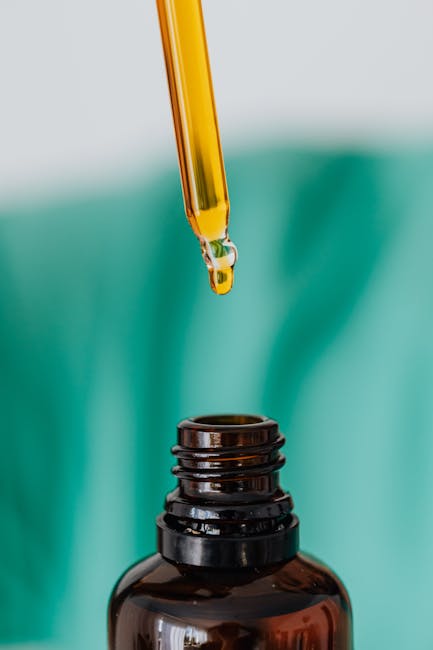Tusi Drug: Understanding the Risks and Dangers of Tusi
Tusi Drug: Understanding the Risks and Dangers of Tusi
The illicit drug market is constantly evolving, with new and dangerous substances emerging regularly. One such drug gaining concerning notoriety is Tusi, a term often used colloquially and imprecisely to refer to a variety of designer drugs. This lack of precise definition makes understanding its effects and risks particularly challenging. This comprehensive guide aims to clarify what is generally understood by “Tusi,” exploring its potential composition, effects, dangers, and the importance of seeking help for addiction.
What is Tusi? The Elusive Nature of a Street Name
The term “Tusi” lacks a standardized chemical definition. Unlike established drugs with specific chemical structures (e.g., cocaine, heroin), Tusi is a street name often used to describe various substances, potentially including a combination of drugs. This ambiguity poses significant risks, as the user is unaware of the precise composition and potential dangers of what they are consuming. Reports suggest that Tusi might contain a mixture of stimulants, depressants, or hallucinogens, or even combinations thereof, making its effects highly unpredictable.

The variable composition of Tusi makes it extremely difficult to predict its effects on an individual. One batch might primarily consist of a stimulant, while another might be heavily laced with a depressant, leading to drastically different and potentially fatal consequences.
Potential Ingredients in Tusi: A Dangerous Cocktail
While the exact ingredients of Tusi remain largely unknown and vary greatly, some suspected components include:

- Synthetic Cathinones: These are stimulants similar to amphetamines, often found in bath salts and other designer drugs. They can cause severe anxiety, paranoia, hallucinations, and cardiovascular problems.
- Benzodiazepines: These are depressants often prescribed to treat anxiety and insomnia. Mixing them with stimulants can be especially dangerous, leading to unpredictable and potentially life-threatening consequences.
- Opiates/Opioids: These are potent pain relievers that can cause respiratory depression and overdose. The combination with stimulants can mask the symptoms of an opioid overdose, making it even more dangerous.
- Cocaine: A powerful stimulant that can lead to heart attack, stroke, and seizures. Its presence in Tusi significantly increases the risk of overdose.
- Other Additives: The street drugs often contain cutting agents, such as rat poison, pesticides, or other harmful substances, further exacerbating the risks.
The Dangers and Effects of Tusi: Unpredictable and Potentially Fatal
Because of the unknown and unpredictable nature of Tusi’s composition, its effects can vary drastically. However, some commonly reported effects include:
- Increased Heart Rate and Blood Pressure: Stimulants in Tusi can dramatically increase heart rate and blood pressure, leading to cardiovascular complications like heart attack or stroke.
- Hallucinations and Delusions: Certain components can cause intense visual and auditory hallucinations, leading to paranoia, anxiety, and erratic behavior.
- Seizures: The combination of different substances in Tusi can trigger seizures, especially in individuals with pre-existing conditions.
- Respiratory Depression: Depressants in Tusi can significantly slow down breathing, leading to respiratory failure and death.
- Overdose: The unpredictability of Tusi makes overdose a significant risk. Even a small amount can be fatal, depending on the specific components and the individual’s tolerance.
- Addiction: Regular Tusi use can quickly lead to addiction, creating a vicious cycle of dependence and escalating risks.
- Mental Health Issues: Long-term Tusi use can exacerbate existing mental health problems and contribute to the development of new ones, including psychosis and depression.
Seeking Help for Tusi Addiction
If you or someone you know is struggling with Tusi addiction, it’s crucial to seek professional help immediately. Addiction is a serious medical condition, and treatment is essential for recovery. Here are some resources that can help:
- SAMHSA National Helpline: 1-800-662-HELP (4357)
- Local Addiction Treatment Centers: Search online for addiction treatment centers in your area.
- Support Groups: Narcotics Anonymous (NA) and other support groups offer a safe and supportive environment for individuals recovering from addiction.
The Importance of Harm Reduction
For individuals who continue to use drugs despite the risks, harm reduction strategies can minimize potential harm. These include:

- Never using alone: Having someone present can help in case of an overdose.
- Start with a small amount: The unpredictable nature of Tusi necessitates caution.
- Know your limits: Pay attention to how your body reacts and stop using if you experience any adverse effects.
- Test your drugs: While not always foolproof, drug testing kits can help determine the presence of certain substances.
It is crucial to emphasize that harm reduction is not a substitute for treatment. These strategies can mitigate some risks but do not eliminate the dangers of Tusi or other illicit drugs.
Legal Ramifications and Consequences
Possession, use, and distribution of Tusi are illegal in most jurisdictions. The penalties for these offenses can vary widely depending on the location and the amount of the drug involved. Consequences can include hefty fines, imprisonment, and a criminal record, significantly impacting future opportunities.
Conclusion: The Dangers of the Unknown
Tusi represents a significant public health concern due to its unpredictable composition and potentially lethal effects. The ambiguity surrounding its ingredients and the lack of standardized testing make it particularly dangerous. Prevention, education, and access to treatment are crucial in addressing the risks associated with this and other emerging designer drugs. If you or someone you know is struggling with Tusi addiction, please seek professional help immediately. Your life is worth saving.
Further Research and Resources:
For further information on substance abuse and addiction, consult the following resources:
- National Institute on Drug Abuse (NIDA)
- Substance Abuse and Mental Health Services Administration (SAMHSA)






